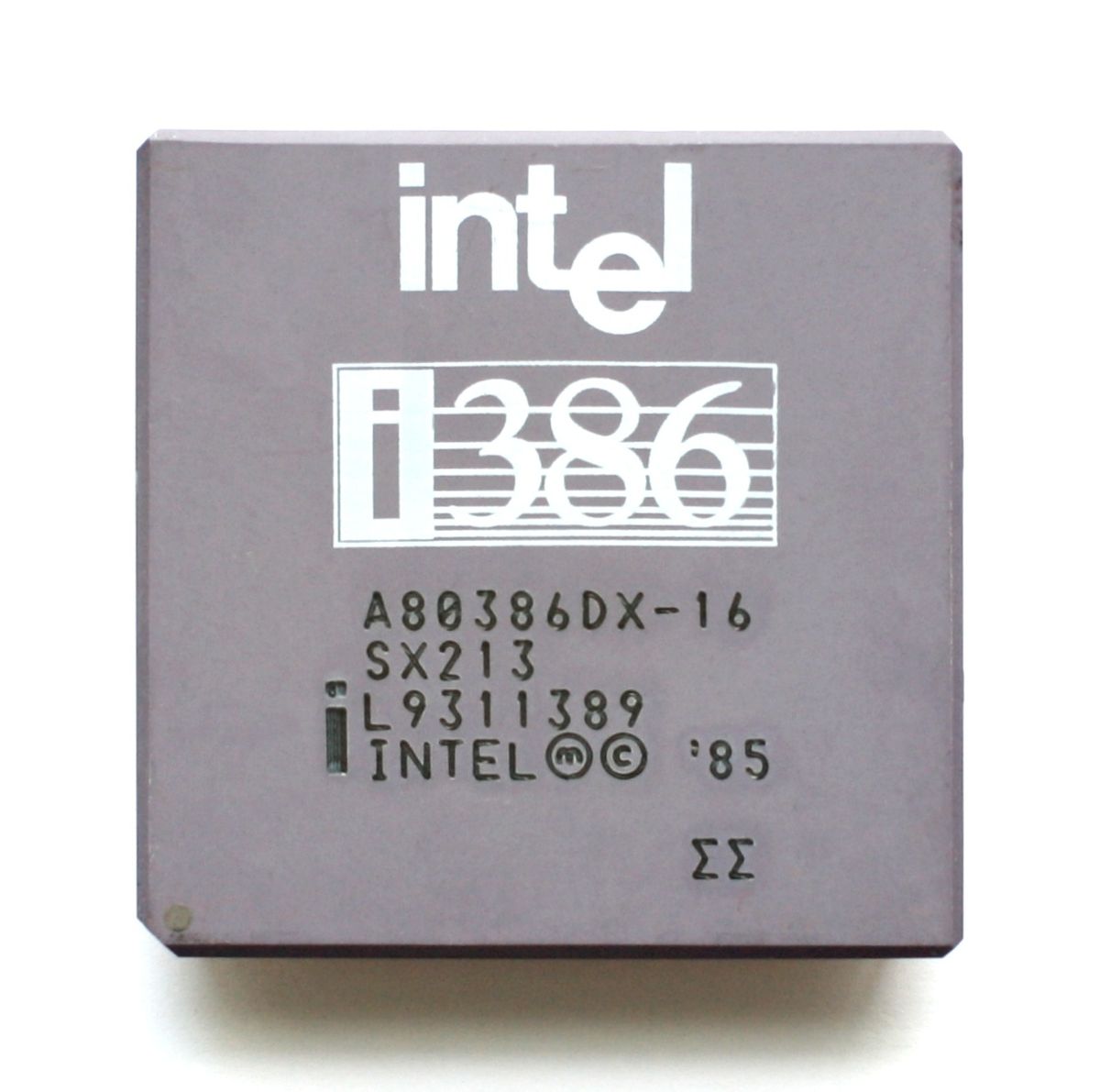Hey all,
I would like to get the above certifications. What resources did you use to study? I can’t afford the official training and my employer doesn’t want to pay for it.
Any and all help, and all tales of your experience is aplriciated.
The best way is the the most optimal way for you. Some can sit and read .epub guides for hours, some can only consume video content and therefore need a Udemy class and some can only do it in a proper class with a teacher.
If you’re looking for resources and short on money, most Udemy classes and books can be found on torrent trackers or Library Genesis (and if you dont mind a bit of piracy). Make sure that the resource you will be learning from also provides labs, because while theory is nice, you need to get some practice in you as well. I personally didn’t study the RHCSA, I instead just tasked myself with setting up services on Linux (back when CentOS was a RHEL downstream so it was 1:1 to RHEL, but Alma/Rocky can do that for you nowadays) and picked it up as I went along. Never got the cert itself as I felt it’s not worth the money but I skimmed through the dumps and had no problem answering most questions.
Thanks for the advice. I’ll check those out :-).
I used Linux as my daily driver and set up homelabs for various things I wanted (Nextcloud, Jellyfin, Home Assistant, ActivityPub self server, etc).
Everything else just came organically from there.
If you want to understand Linux server “guts” well, I suggest a book like “Linux Network Servers” by Craig Hunt. Unfortunately, it’s pretty dated now, but it does an amazing job explaining the basics and internals that most modern books, IMHO, just gloss over in the best-case scenario. The coolest part about this book is that you can follow it like a how-to and set up everything in it in your home lab. You’ll learn basic networking, how to manage your network, how to monitor it, and how to set up low-level services like DHCP, DNS, etc. This knowledge could help you jump-start a network admin/engineer career. The book also covers things like Apache web server, and basic web scripting (trust me, understanding how CGI scripts work will help you as a DevOps engineer!). I think it’s good reading overall. It will give you a solid foundation to build on.
My biggest beef with study guides targeted to specific certs is that they only teach you how to pass the cert test, basically. Very rarely do they actually teach you WTF if going on, and to be a decent professional, I think it’s critical to understand how things work. I’ve seen so many RHCE/RHCA people who get completely lost with basic tasks like changing firewall rules or network adapter configs on an Ubuntu, Debian (or anything other than Fedora/RedHat/CentOS/Alma/Rocky/Oracle Linux Server), because they literally only memorized/practiced how to do these things on a RedHat box and are incapable of extending their knowledge to any other OS. There’s zero understanding of underlying principles. Don’t be these people!
OK, I’m done ranting now. Good luck with your studies. Oh, and if you want a copy of the book, shoot me a DM.
I think the RHCE/RHCA certs are good once you already understand the basics. Their are some free courses online that teach you almost the complete course. If you know the basics and then study these course you are much more likely to be able to “translate” what you learned to other distros. Because most concepts are the same. Just the way to execute them might slightly differ
Good point. I personally found VMware training to be a nice “cherry on top” of my existing VM/hypervisor knowledge back in the early 2000’s. Having said this, my colleagues who had zero VM experience/exposure were definitely lost… cert training is by no means exhaustive nor is it comprehensive.
Hey thanks for the rant! Very informative. I agree that one should know the fundamentals and not just focus on the cert. I need the cert for my career though. As I always say: Certs are for managers. Any half decent technical knowledgable interviewer will suss out if you know your stuff.
I’m doing microtik training in the autumn to get my network knowledge up. (Why do cisco if networks have standardization). I need the study guides or other resources because they ask about commands I rarely use, or if I use them its only one or two specific commands (i.e. i use
ip addrbut rarelyip linkorip netns. But having the RHCSA/E checkmarks next to your name does wonders for your marketability. ($€₱£¥ ;-))I’ll drop you a dm for that copy.
I think you got the right idea: certs are 70-90% marketing, and if you’re lucky, 10-30% actual knowledge and training. :)


